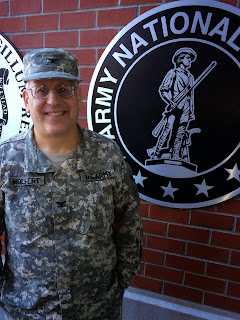Artherosclerosis is the thickening of arteries through the accretion of calcium, cholesterol and other substances found in the bloodstream. This condition has been linked to fatal cardiovascular complications like coronary heart disease and peripheral arterial disease. According to the findings from researchers from the Columbia University’s Mailman School of Public Health, flossing, brushing and regular trips to the dentist can slow the rate of atherosclerosis.
When people are trying to live a healthier lifestyle, the first things they talk about are eating right and exercise. This report makes a strong case that improving your oral hygiene should be part of the healthier living package. Considering what’s a stake, you can’t argue.
According to the U.S. Centers for Disease Control and Prevention (CDC), cardiovascular disease is the leading cause of death in the United States, killing about 600,000 people each year. That accounts for one-fourth of all recorded fatalities. On average, deaths and illnesses associated with coronary heart disease cost the U.S $109 billion annually.
Part of what makes the results of this study so important is that it shows people a way to improve their heart health that’s really affordable. For merely the cost of brushing your teeth twice a day for a minimum of two minutes, flossing daily, and visiting your dentist at his recommended interval (which can vary depending on each patient needs) can protect you from the devastating results of heart disease.
For complete results of the survey, you can see the entire report on the American Heart Association’s website at http://jaha.ahajournals.org/content/2/6/e000254.abstract
To take your first step to better oral
hygiene and a healthier heart, call 781-335-0604 to schedule an appointment.











